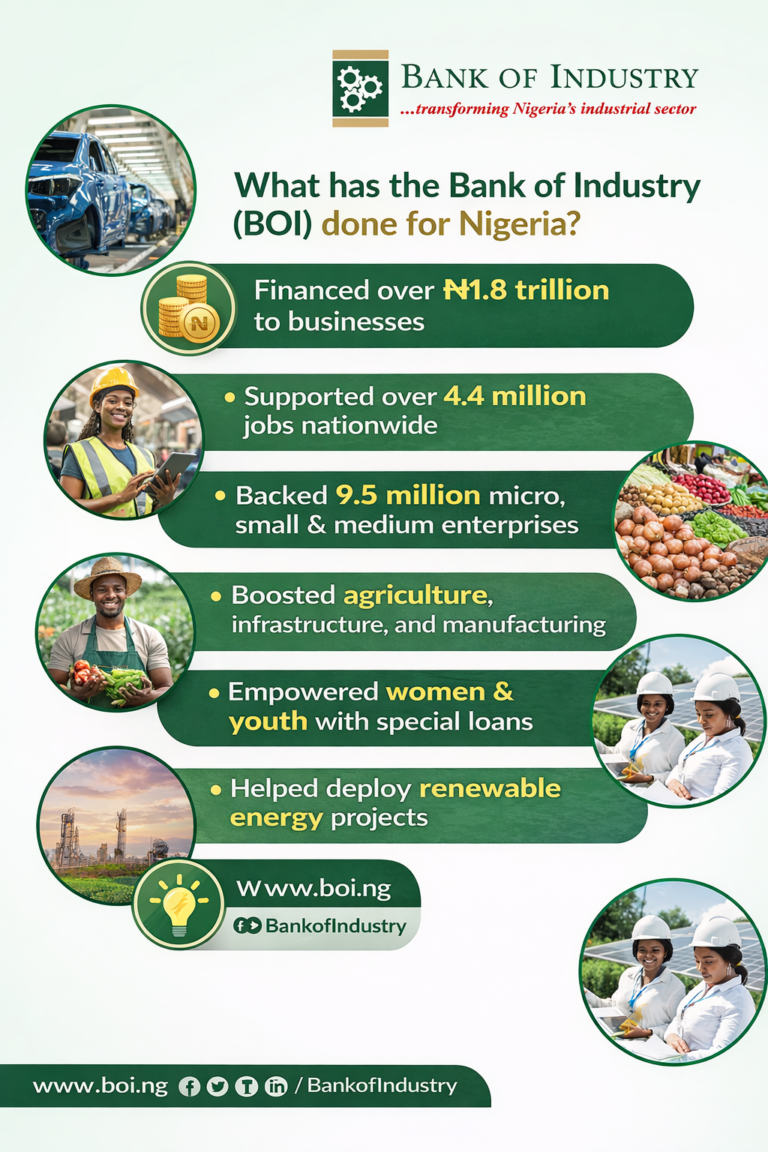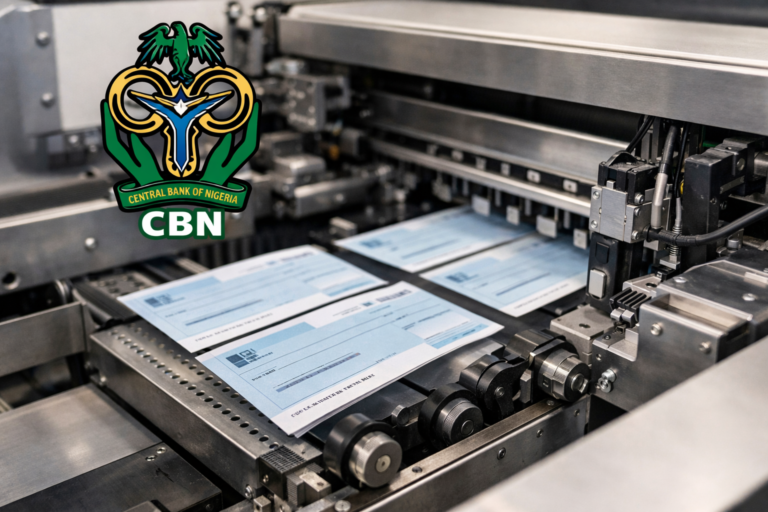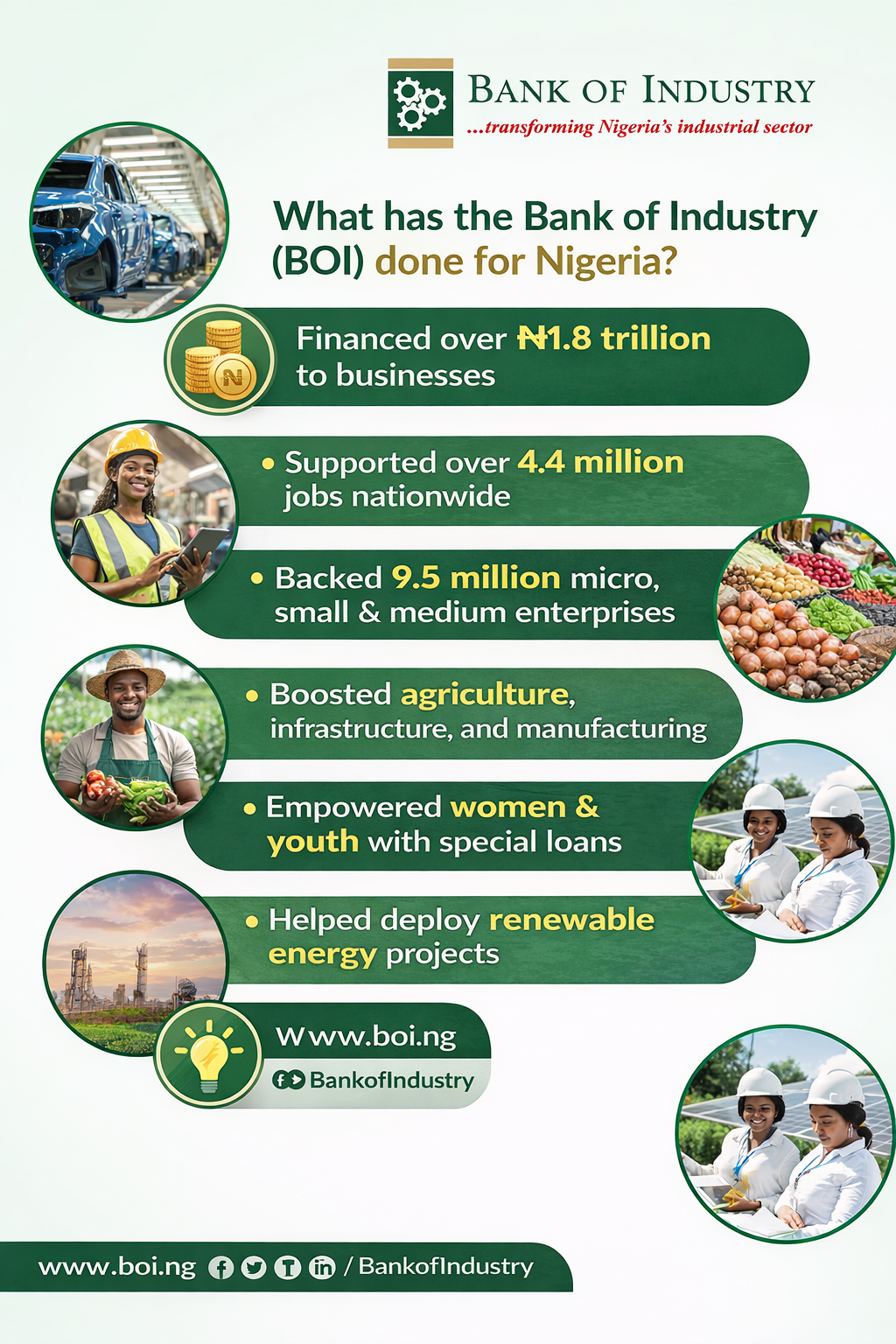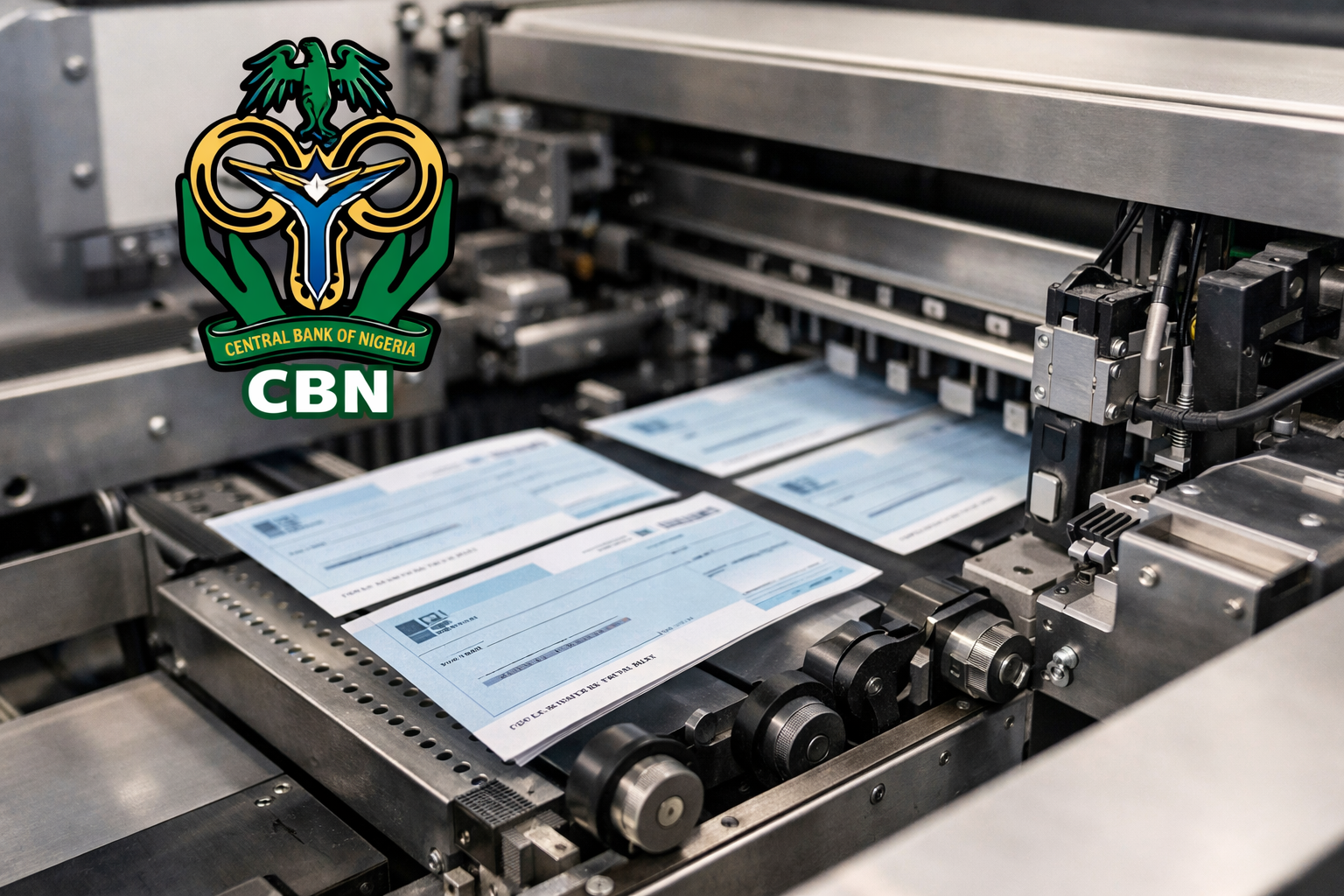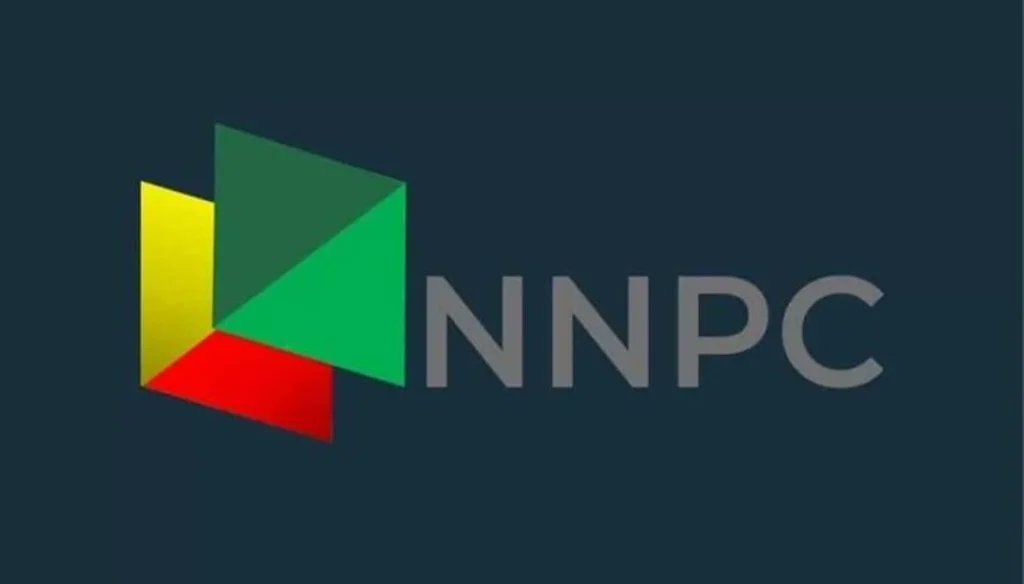The Central Bank of Nigeria (CBN) has issued a directive temporarily suspending the payment of dividends, bonuses, and foreign investments by banks operating under regulatory forbearance, citing the need to strengthen capital buffers and restore prudential soundness across the sector.
In a letter dated June 13, 2025, and signed by the Director of Banking Supervision, Dr. Olubukola A. Akinwunmi, the apex bank instructed that all affected banks must:
- Suspend dividend payments to shareholders;
- Defer bonuses to directors and senior management staff;
- Refrain from investing in foreign subsidiaries or launching new offshore ventures.
The measures will remain in effect until banks fully exit the forbearance regime and are independently verified to meet minimum capital adequacy and provisioning requirements.
“This supervisory measure is intended to ensure that internal resources are retained to meet existing and future obligations and to support the orderly restoration of sound prudential positions,” the CBN stated.
Regulatory Forbearance Under Scrutiny
The directive follows a broader review of banks’ exposure profiles and capital positions under the regulatory forbearance framework introduced during recent economic turbulence, particularly concerning credit exposure and breaches of the Single Obligor Limit (SOL). The regime had offered temporary relief to institutions struggling with deteriorating asset quality amid currency depreciation, inflationary pressure, and sluggish post-pandemic recovery.
However, the forbearance window, meant to preserve financial stability, is now being recalibrated to ensure affected banks transition back to full compliance with Basel-aligned standards.
Banking Sector at a Crossroads
The Nigerian banking sector has faced mounting pressure over the past year, as macroeconomic volatility, exacerbated by naira devaluations, rising impairment charges, and tight global financing conditions, has eroded capital buffers and stressed balance sheets. While many Tier 1 lenders remain adequately capitalised, smaller and mid-tier banks have increasingly relied on regulatory accommodation to avoid breaching prudential thresholds.
The CBN’s directive underscores a shift towards more orthodox supervision, as the regulator attempts to restore confidence in the sector ahead of impending recapitalisation plans. Earlier this year, the CBN announced that commercial banks would be required to raise new capital in line with updated minimum thresholds expected to take effect in 2026.
Implications for Investors and Strategy
The suspension of dividend payments may weigh on investor sentiment, particularly among foreign institutional investors accustomed to high-yield payouts from Nigerian banks. However, analysts suggest the move could ultimately enhance the sector’s resilience and investor confidence if it leads to stronger balance sheets and transparent provisioning practices.
“While this directive is restrictive in the short term, it signals the CBN’s commitment to returning to disciplined capital management and reducing systemic risk,” said one Lagos-based banking analyst.
By curbing offshore expansion, the policy also channels capital inward, prioritising core operations and regulatory compliance over growth ambitions abroad.
Outlook
The CBN has reiterated its intention to continue engaging affected institutions and monitoring developments. While no timeline was provided for the lifting of the suspension, the message is clear: banks under forbearance must prioritise capital preservation and risk management over shareholder returns.
The directive marks another step in the CBN’s evolving strategy to rebuild trust in the financial system, reinforce prudential oversight, and lay the groundwork for a more resilient and investor-friendly banking landscape.












